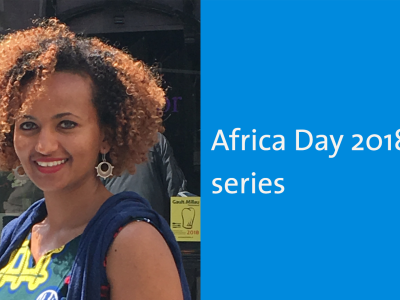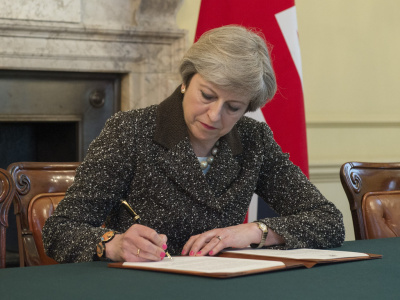ECDPM’s Strategy 2012–2016 builds on the Centre’s 25 years of practical experience as an independent foundation. Our dual mission is to develop the capacity of actors from the countries of Africa, the Caribbean and the Pacific (ACP) and to improve (European) international cooperation for better development outcomes.
An analysis of the environment in which we operate highlights the major transitions that are taking place across the landscape of development cooperation. The aid system is giving way to new forms of international cooperation that seek to address global development challenges in a more holistic way. A wider range of actors (including the ‘BRICs’ and other emerging economies) are playing increasingly important roles in responding to issues such as peace and security, climate change, migration and food security. However, the transition is far from complete. The roadmap is still unclear, and the outcomes for developing countries and vulnerable communities remain uncertain.
Over the next five years we will use these strengths to contribute to the ongoing transformation of international cooperation and the evolving partnership between Europe and the ACP countries. Our work will focus on a number of major ongoing transitions in the global development arena. Effective management of these (for the benefit of developing countries) requires new ‘rules of the game’ and changes in the policies, practices and institutions of international cooperation. Some of the key transitions ECDPM Strategy 2012-2016 relate to managing scarcity (particularly of natural resources), ensuring more ‘inclusive’ and ‘green’ growth, safeguarding human security, and promoting global public goods and governance mechanisms.





